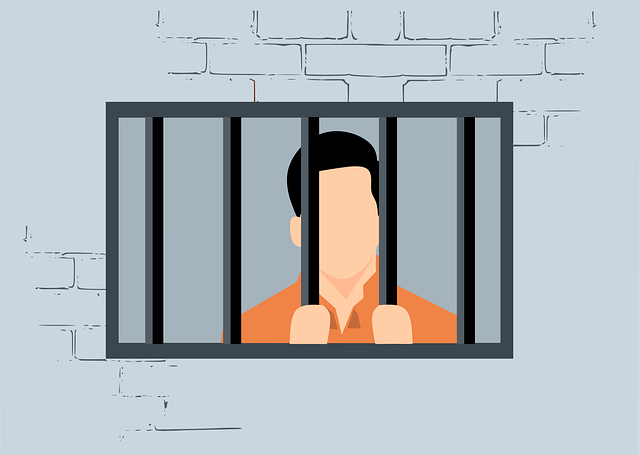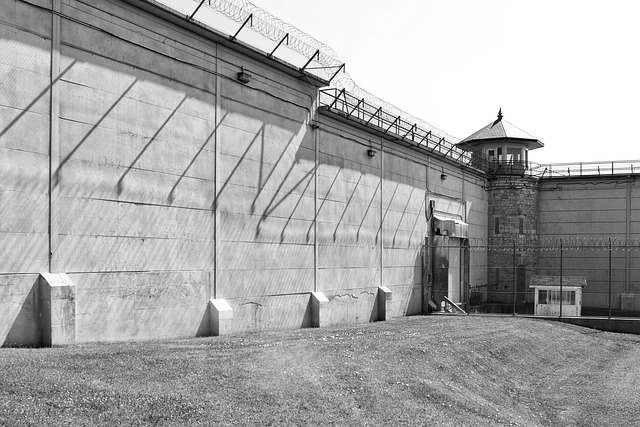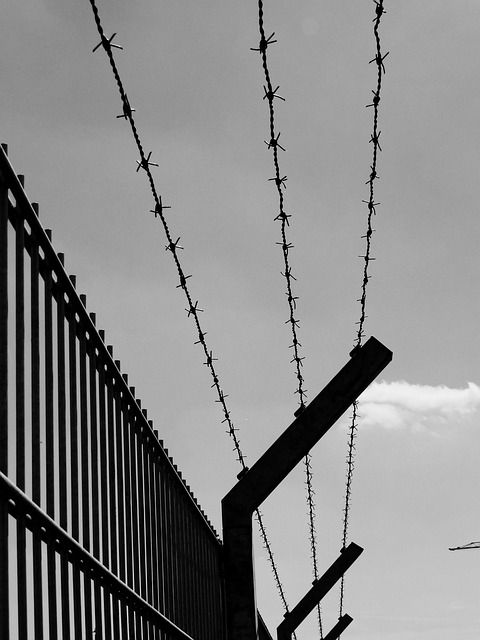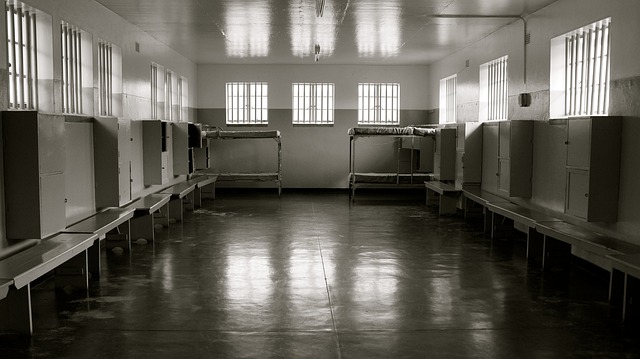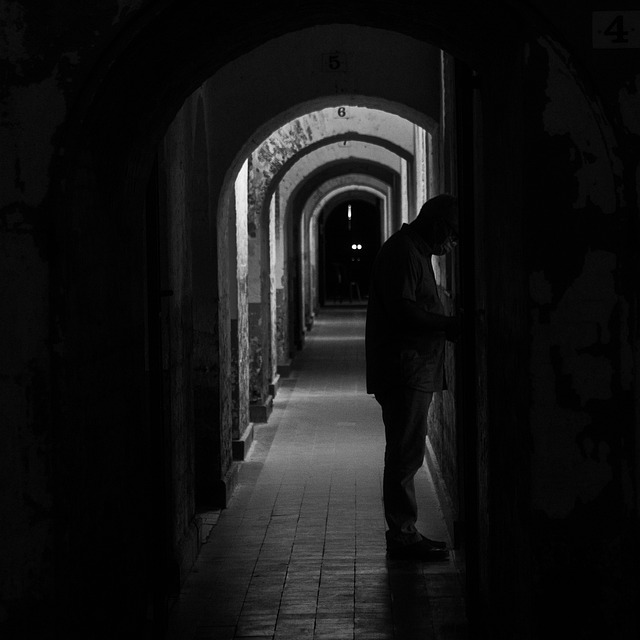The Rural vs Urban DUI Legislation comparison highlights stark contrasts between urban areas with advanced technology and robust enforcement, versus rural regions facing lower density populations, limited equipment access, and longer law enforcement response times. These disparities create potential loopholes in urban legislation. To address this gap, legal frameworks must adapt, emphasizing community engagement, educational programs, and targeted enforcement tailored to local conditions, ensuring fairness and consistency across all environments. Technology, including remote breath testing devices, data analytics, and AI, acts as an equalizer, bridging resource gaps and enhancing DUI law effectiveness in both rural and urban settings.
In today’s digital age, future-proofing legal frameworks is paramount, especially regarding DUI (Driving Under the Influence) laws. While rural and urban areas face distinct challenges in enforcement, technology offers a level playing field. This article explores the disparities between rural and urban DUI legislation and how technological innovations can bridge these gaps. By examining cutting-edge solutions, we aim to highlight strategies that ensure equitable application of DUI laws across diverse landscapes.
- Rural and Urban DUI Legislation: Understanding Disparities in Legal Frameworks
- The Role of Technology in Future-Proofing DUI Laws for Equitable Enforcement
Rural and Urban DUI Legislation: Understanding Disparities in Legal Frameworks

In the realm of Rural vs Urban DUI Legislation, significant disparities exist in legal frameworks, reflecting the unique challenges and considerations each environment presents. While urban areas benefit from more robust technological infrastructure and higher enforcement resources, rural regions face distinct obstacles such as lower population densities, limited access to advanced testing equipment, and longer response times for law enforcement. These factors can contribute to gaps in enforcement and potential loopholes that urban legislation may not account for.
For instance, real-time data analytics and remote alcohol detection technologies, effective in urban settings, might be less feasible in rural areas due to connectivity issues. As a result, legal frameworks must be tailored to prioritize strategies like community engagement, educational programs, and targeted enforcement efforts based on local conditions to ensure consistency and fairness across all environments.
The Role of Technology in Future-Proofing DUI Laws for Equitable Enforcement

In the ongoing quest to ensure equitable enforcement, technology plays a pivotal role in future-proofing DUI (Drunk Driving Under Influence) laws. As rural and urban areas face distinct challenges when it comes to DUI legislation, technological advancements offer tailored solutions. For instance, remote breath testing devices can bridge the gap between limited law enforcement resources in rural regions and stringent urban regulations. These innovations allow for more consistent and fair application of DUI laws across varying landscapes.
Moreover, data analytics and artificial intelligence (AI) can help identify patterns and hotspots related to DUI incidents, whether in secluded rural areas or bustling urban centers. This enables targeted enforcement strategies and public safety initiatives. By leveraging technology, law enforcement agencies can adapt to evolving social norms and behaviors, ensuring that DUI laws remain relevant and effective in a dynamic, tech-driven world.
As we’ve explored, the disparities between rural and urban DUI legislation create challenges in equitable enforcement. The evolving nature of technology presents a crucial opportunity to future-proof these laws. By leveraging innovative solutions, we can ensure that DUI regulations adapt to modern contexts, promoting consistency and fairness across diverse landscapes. This includes exploring technology’s role in data collection, predictive analysis, and remote enforcement tools, ultimately bridging the gap between rural and urban DUI legislation.

